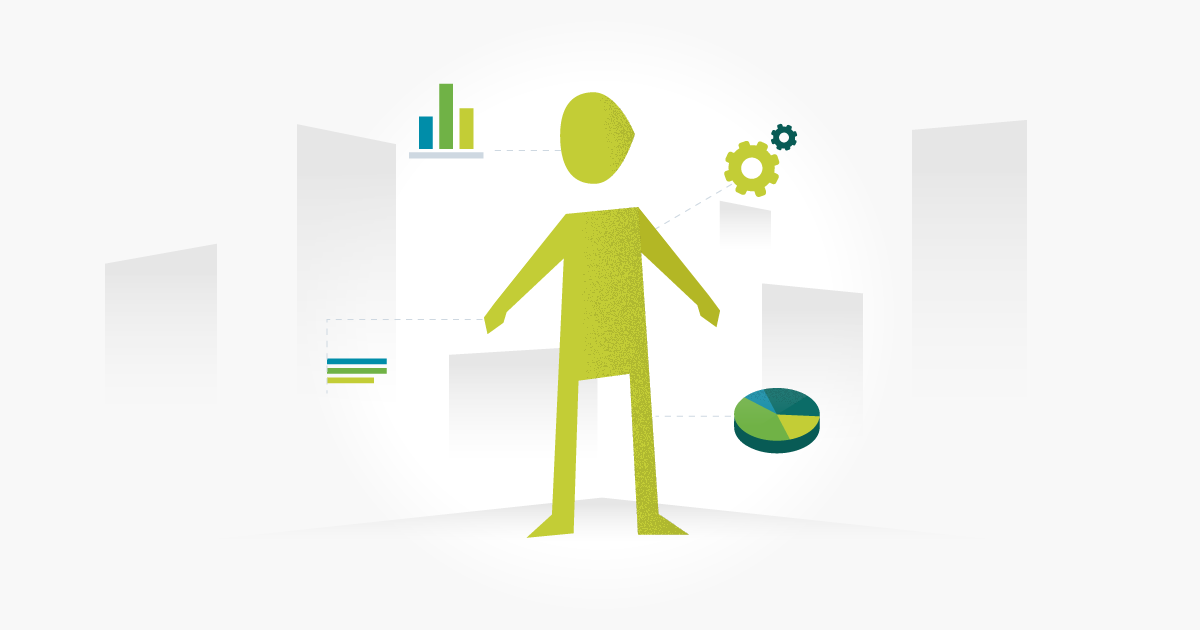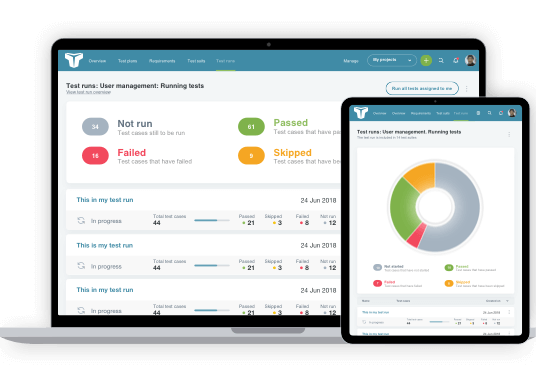Software testing isn’t for everyone. A top-notch engineer might be a weak tester. A seasoned project manager might have the skills to really drive a project through to completion, but when it comes to testing, they just don’t have it. Like all roles, there are certain characteristics of a good software tester.

Top 13 Software Tester Characteristics:
A good software tester asks questions
Software testing requires asking a lot of questions. “What happens if ____?”, “Why isn’t ____ working?”, “Why does it work like this?”. Questions inspire new test cases and different ways of approaching the tests. When QA is involved early on, questions are asked early on, and quality is injected early on.
A good software tester is curious
Good software testers want to know what’s going on behind the scenes. They’re constantly looking for problems to overcome. A curious software tester is more likely to find bugs and usability issues than a non-curious tester.
A good software tester is a strong communicator
Software testers are often the bearer of bad news. They need to be able to communicate effectively and passionately, but also delicately. From written communication to verbal communication, being able to communicate problems and weaknesses, steps to replicate bugs, and why something should be a certain way is an art form.
A good software tester is patient
It’s easy to get caught up in the excitement of finding a bug or identifying an opportunity for improvement. Software testers often get “no” as a response. Being patient is key to being a successful software tester and building strong relationships with your team.
A good software tester is a strong writer
Software testing involves a lot of writing. Writing test cases, writing bug reports, writing emails. Poor writing leads to communication breakdowns and wasted time, both things most software teams can’t afford. Writing efficiently and effectively goes a long ways in software testing.
A good software tester meets deadlines
There’s never enough time to test everything. The ability to prioritize things and stay on task is crucial for meeting deadlines. Time management is very important to being a good software tester.
A good software tester is empathetic
Just like a good designer should design with the user at the top of mind, testers should test with the user at the top of their mind. Putting yourself in the shoes of the user will help uncover different problems and areas for improvement.
A good software tester thinks creatively
As a software tester, you need to approach things from different angles. Think outside of the box and try different things. Try to break it, and try to break it in different ways.
A good software tester is organized
Organization is crucial to being a successful software tester. As you know, testing involves a lot of documentation, artifacts, time lines, and communication. If you drop the ball, it affects the entire team and project. Use the right tools and processes that work for you and your team to stay on top of the ball.
A good software tester has technical skills
Knowing which questions to ask requires some technical knowledge. Technical skills also help you understand limitations and boundaries within the application.
A good software tester is a team player
Be easy to work with. Being a team player encompasses many of the other qualities we’ve discussed. Remember to appreciate the work of your team. Developers have an entire different skill set than you and they are smart even if they are the source of bugs. When things go wrong, remember you’re on the same team.
A good software tester is quality driven
Quality is a mindset. A quality-driven person lives and breathes quality every day. As a software tester, this is where the passion for “quality” comes from. You strongly desire the best possible product and don’t compromise for quality ever.
A good software tester pays attention to the details
A good software tester is thorough. Testers need to drive things to completion without missing a beat. Remember, testing is the last phase of the software development lifecycle. Your team and your customers are relying on you.
Conclusion
As you can see, software testing takes a unique set of skills. Characteristics of a good software tester include both hard skills and soft skills. Testing isn’t for everyone. It takes a creative, technically-minded person to be a successful tester. Approach your job with these things in mind, and you’ll find yourself becoming a better tester over time.
About the writer
Jake Bartlett
Jake Bartlett lives and works in Nashville, Tennessee. He has a background in software testing, customer support, and project management.
All Jake Bartlett's articles
